Do you feel like you’re constantly being referred students who struggle with social skills? It’s a common area of need so it’s important to make sure you feel prepared to deliver! Check out these strategies for helping students develop social skills.
Social Skills Counseling Basics
-
Social skills are verbal and nonverbal and include things like body language, facial expressions, and gestures.
-
As school counselors it’s our duty to help students become “not only proficient in core academic subjects but demonstrate an ability to socially and emotionally practice healthy behaviors and behave respectfully when working with others from diverse backgrounds.” (ASCA)
-
Students who may need social skills counseling are not limited to special education or speech therapy recipients, but all students can benefit from some type of tier 1 social skills instruction.
Social Skills: Tier 1 Class Lessons
Wondering how to teach a class lesson on social skills? Try using one of these 3 strategies:
-
Social Filter Sort: Students sort cards based on things that are “okay” and “not okay” to say.
-
Play Charades: Students act out different “Social Oops” situations. (ex: You stand really close to the person next to you in line and make them feel uncomfortable.)
-
Introduce Expected vs Unexpected Behaviors: Students discuss the differences in the situations. (ex: Stephanie is reading a book in the library vs Stephanie is screaming in the library.)
Want to try out one of these activities? Check out my Social Filter Activity, Social Skills Board Game, and Expected Behaviors Social Skills Card Game.
Social Skills: Tier 2 Small Groups
Do you know how to support students who struggle with social skills in small groups? Try using one of these 4 strategies:
For Younger Students
-
Role Play: Students act out starting a conversation or asking someone to play.
-
Understanding others’ feelings: Students draw facial expressions to represent different emotions.
For Older Students
-
Comic Book Coloring: Students color in comic book strips of examples of how to use I-Statements to resolve a conflict.
-
Quality Conversations: Students have a mock conversation to practice active listening, turn taking, not interrupting, and staying on topic.
All of these strategies plus many more are in my Social Sleuths (1-4) Group and my Social Fluency (5-8) Group.
Social Skills: Tier 3 Individual Sessions
Are you prepared to support individual counseling students to develop social skills? Try using one of these 3 strategies:
-
Friendship Skills Paper Dolls: Students “dress a friend” with qualities they’d like them to have.
-
Manners Board Game: Help students identify polite manners by selecting different example scenarios in a board game. (ex: “you raise your hand instead of shouting”, move forward 2 spaces)
-
Conflict Resolution Puzzle: Students match conflicts to possible solutions
All of these strategies are in my social skills individual curriculum. Check it out here.
I hope these strategies help you feel more equipped to tackle social skills counseling! Which one are you most excited to try?
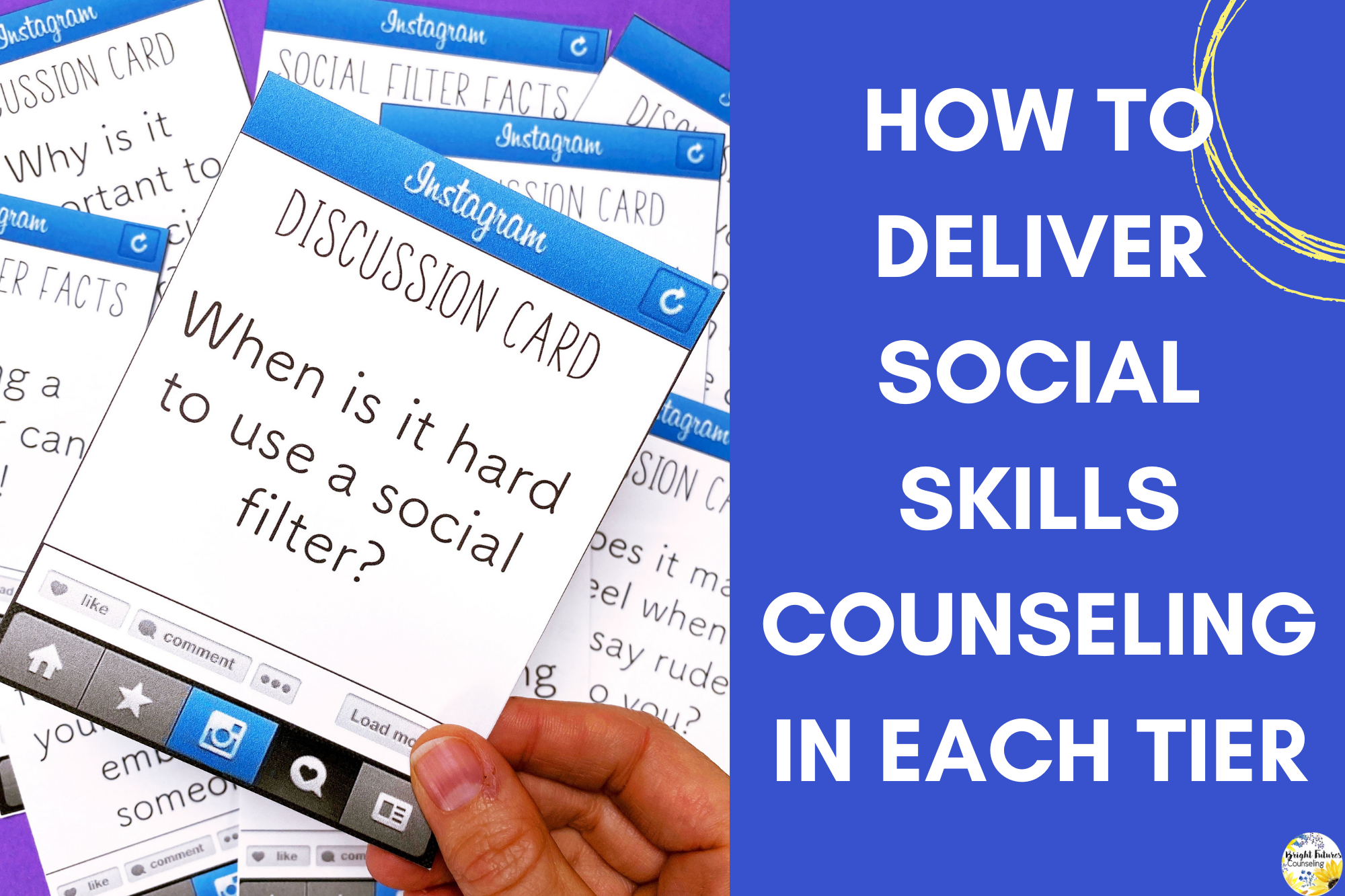
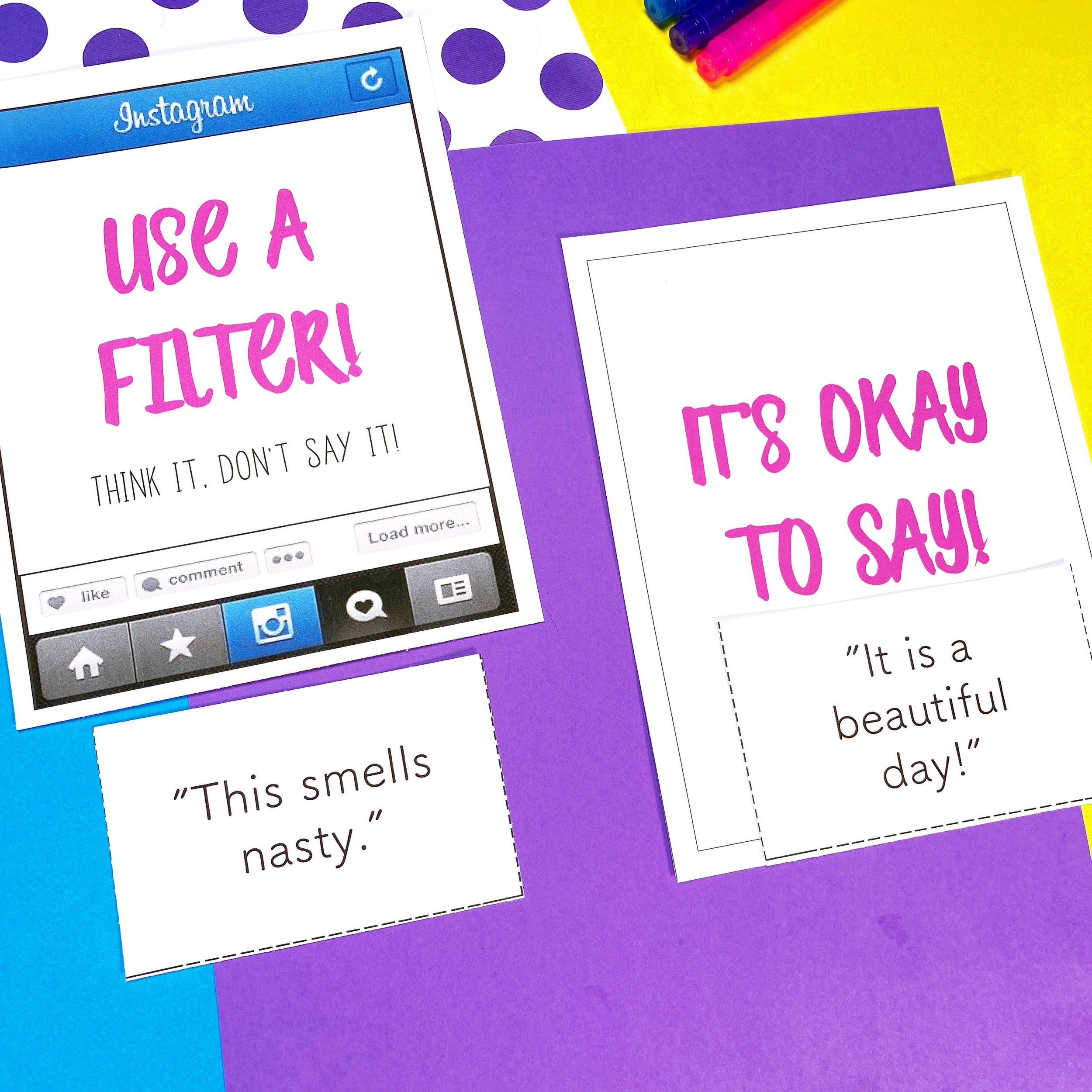
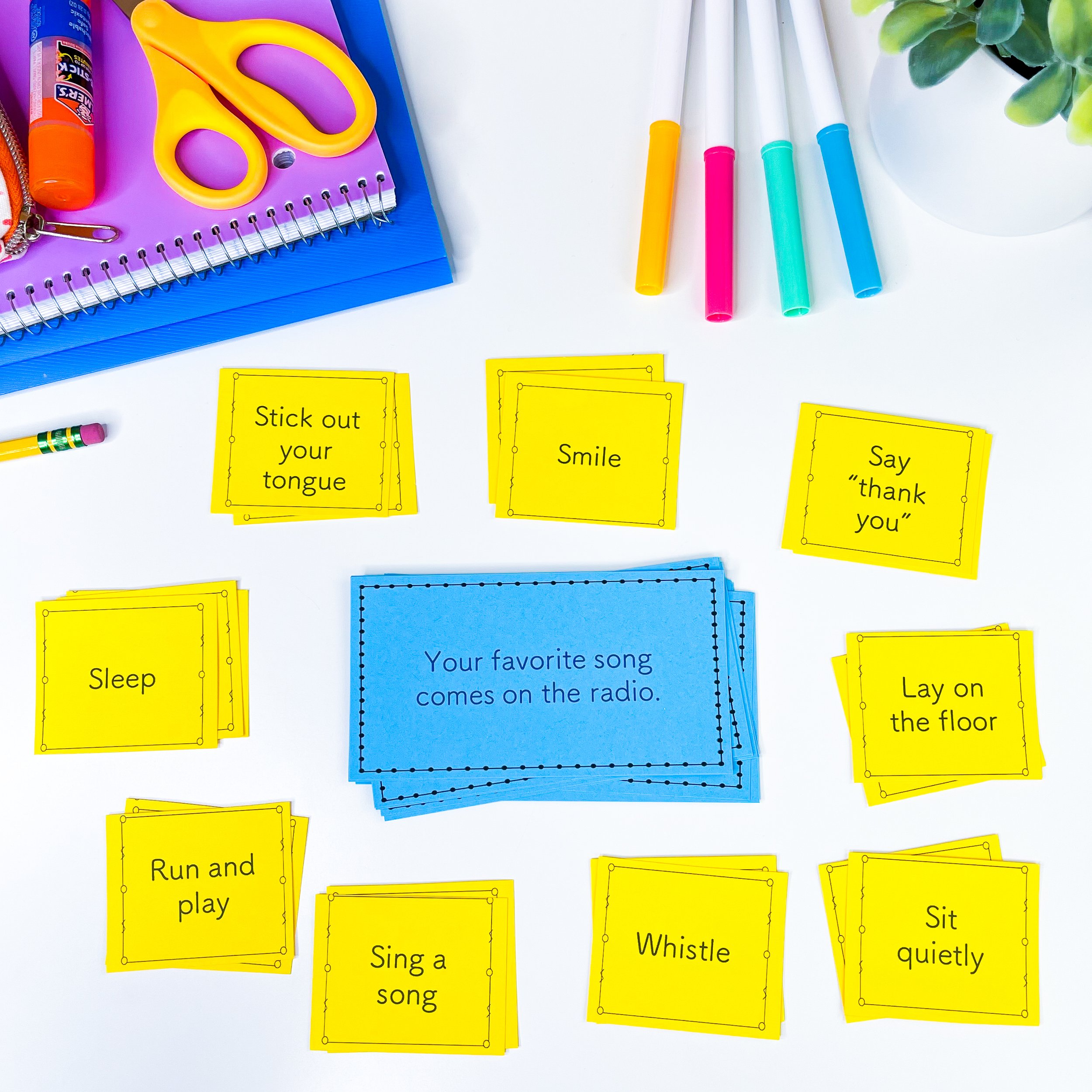
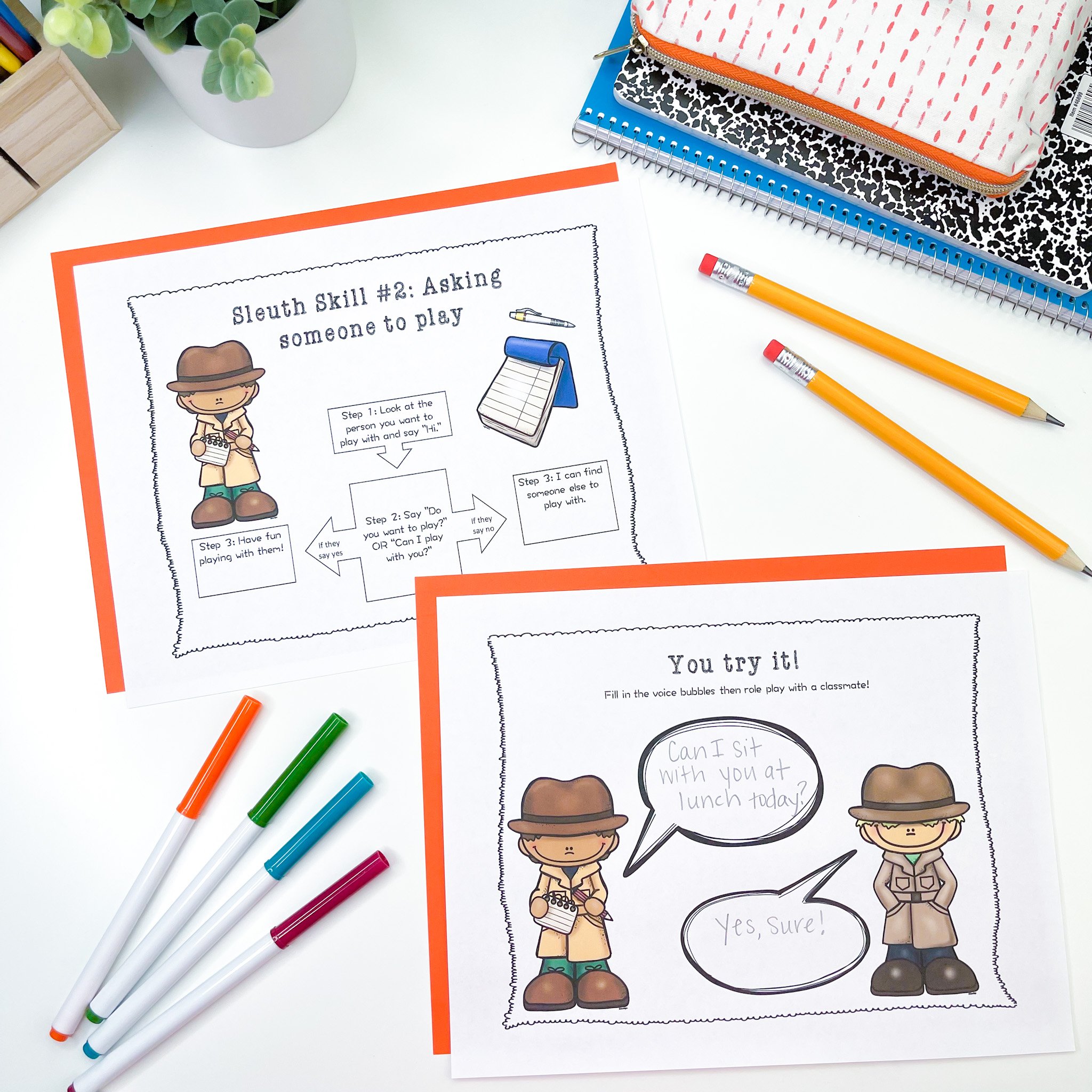
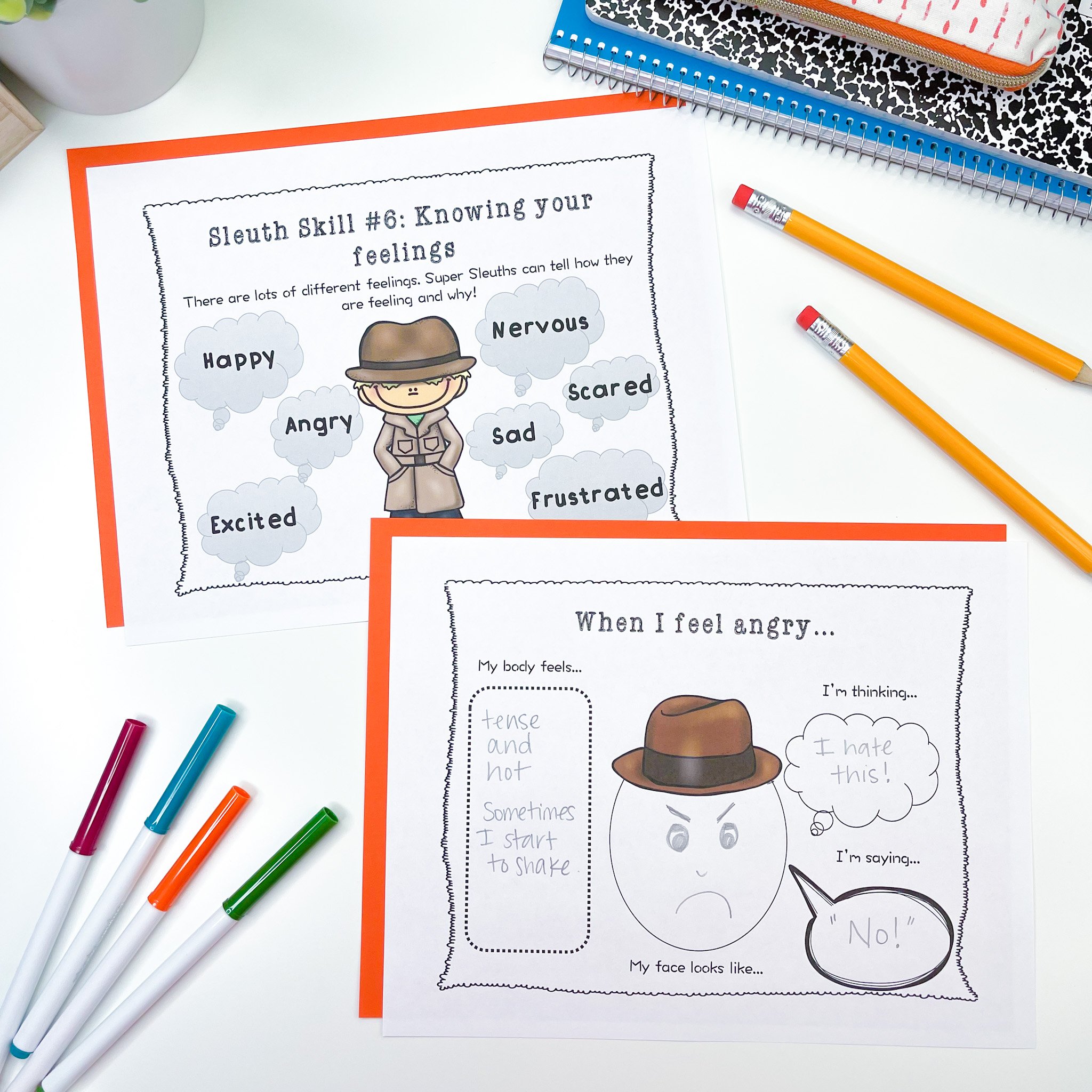

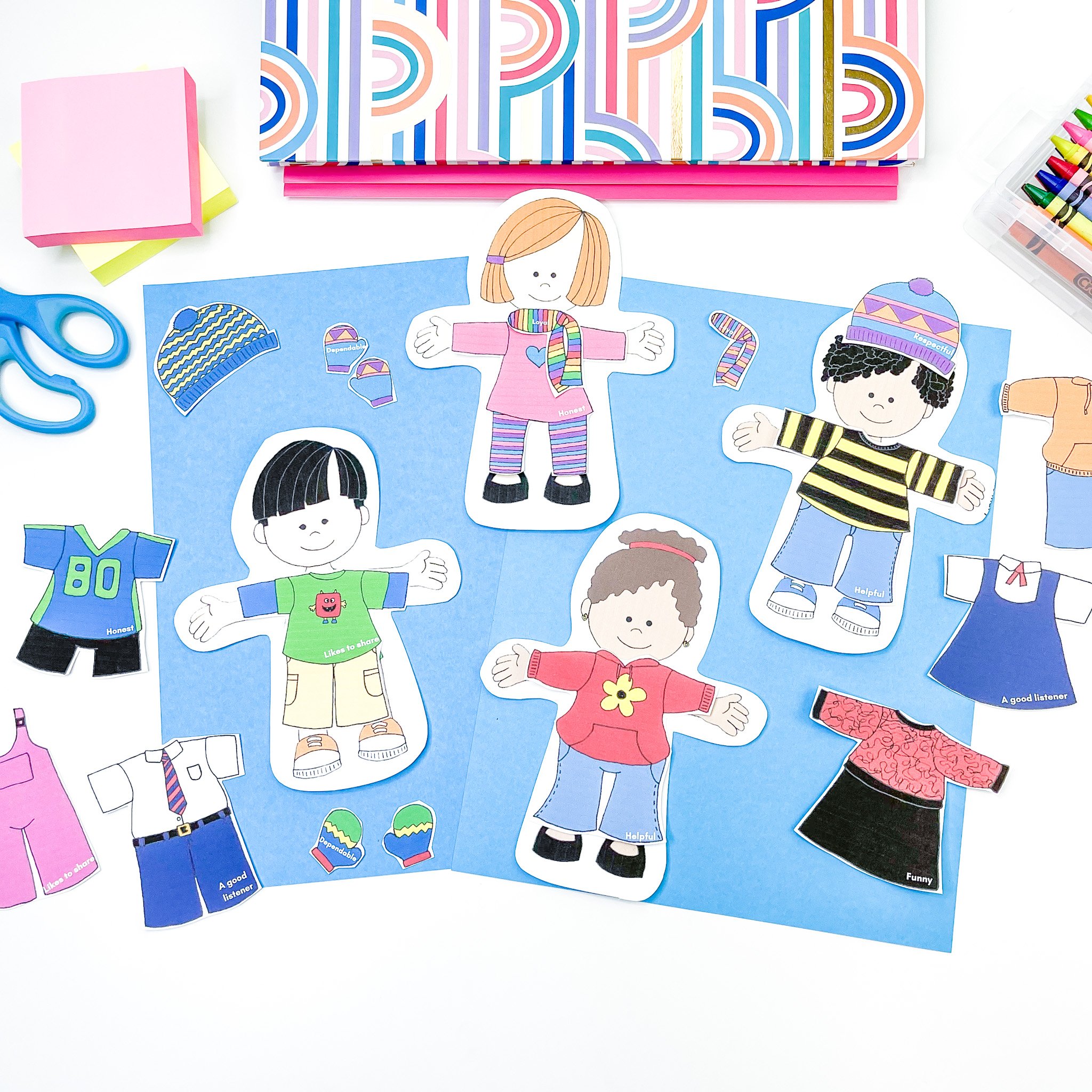
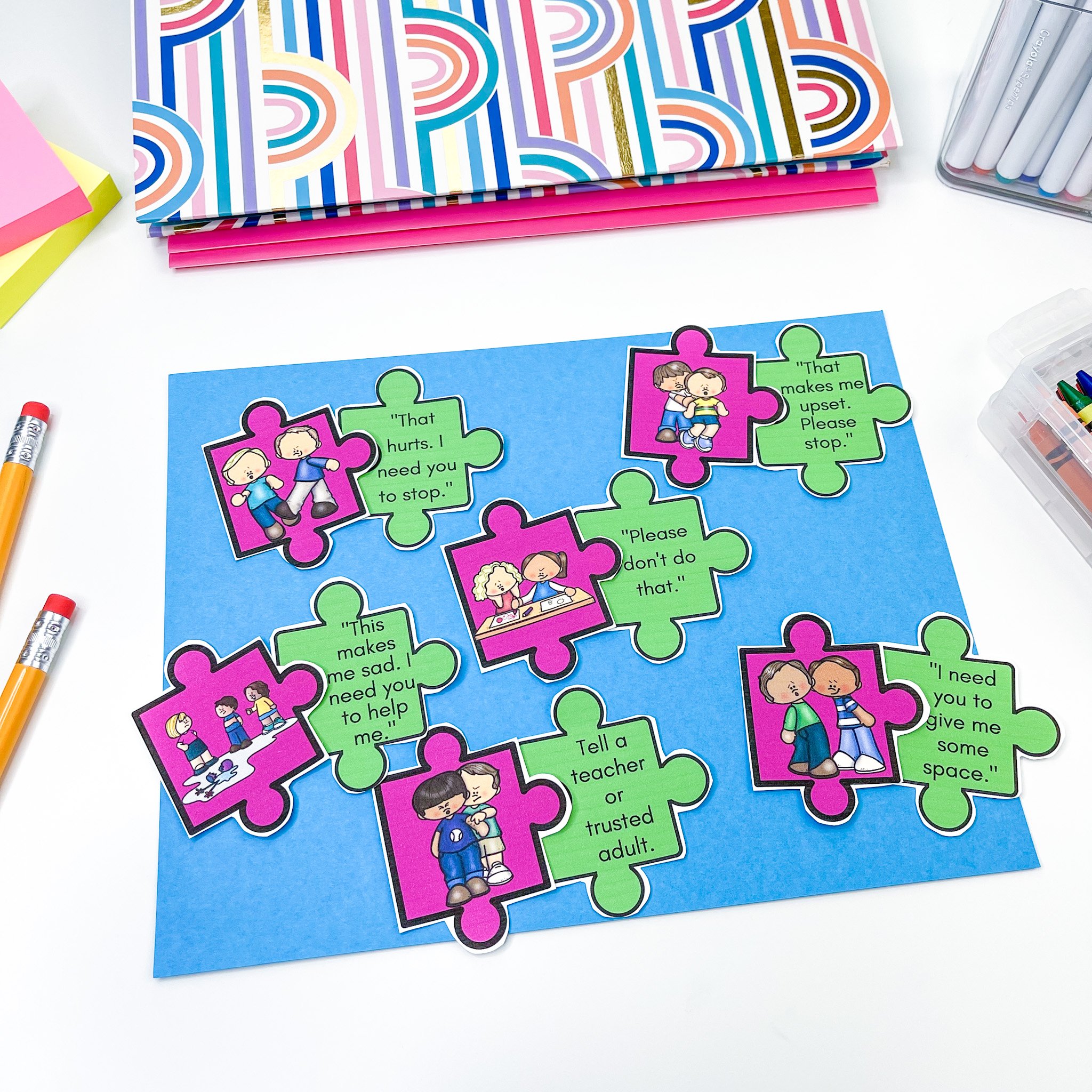
Leave a Reply